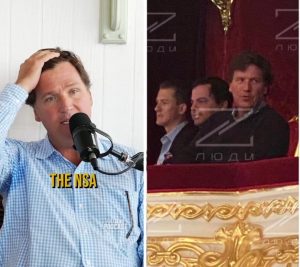Mikhail Gorbachev, the former President of the Soviet Union, died at the age of 91. According to the Central Clinical Hospital in Moscow, Gorbachev died after a long illness. Details about his condition before death were not shared.
Gorbachev served as the Russian premier for a short period, but was given multiple awards throughout this term, which ended in December 1991. While western nations appreciated Gorbachev for his role in ending the Cold War, he was widely despised at home.
Also Read: Mikhail Gorbachev death: 5 popular quotes of the former Soviet leader
Gorbachev won the 1990 Nobel Peace Prize for his role in ending the Cold War and spent his later years collecting accolades and awards from all corners of the world. Gorbachev also had a Grammy Award in 2004.
Here is a list of key awards that were presented to Mikhail Gorbachev:
– Nobel Peace Prize (October 15, 1990)
-1987 Indira Gandhi Award (conferred on November 19, 1988, India)
-Albert Einstein Award for contribution to peace and mutual understanding among peoples (Washington, D.C., June 1990)
-1991 Martin Luther King International Peace Award
-Benjamin M. Cardoso Award “For Democracy” 1992
-Golden Dove of Peace for contribution to peace and disarmament 1989
Mikhail Gorbachev was also given the following state decorations by the Soviet Union, according to The Gorbachev Foundation:
-Order of the Red Banner of Labor (1949),
-Three orders of Lenin
-Order of October Revolution (1987),
-Order “Badge of Honor” (1967)
-Medals and institutional awards of the USSR СССР
Mikhail Gorbachev‘s power was hopelessly sapped by an attempted coup against him in August 1991, he spent his last months in the office watching republic after republic declare independence until he resigned on December 25, 1991. The disintegration of the Soviet Union followed.
Also Read: How Mikhail Gorbachev helped end the Cold War
Roughly 25 years after the disintegration of the USSR, Gorbachev told The Associated Press that he had not considered using widespread force to try to keep the USSR together because he feared chaos in the nuclear country.
“The country was loaded to the brim with weapons. And it would have immediately pushed the country into a civil war,” he said.






